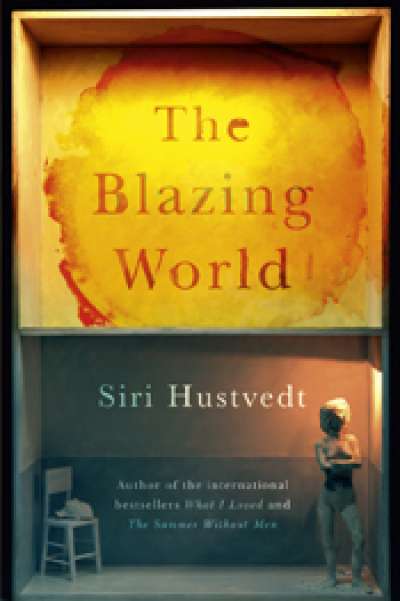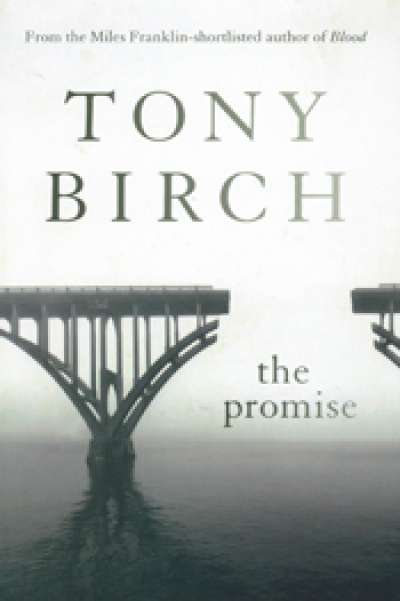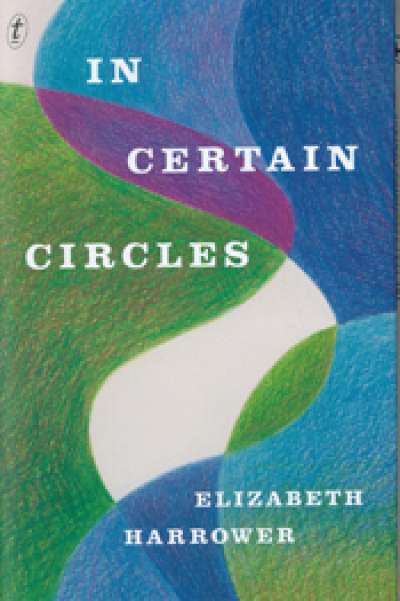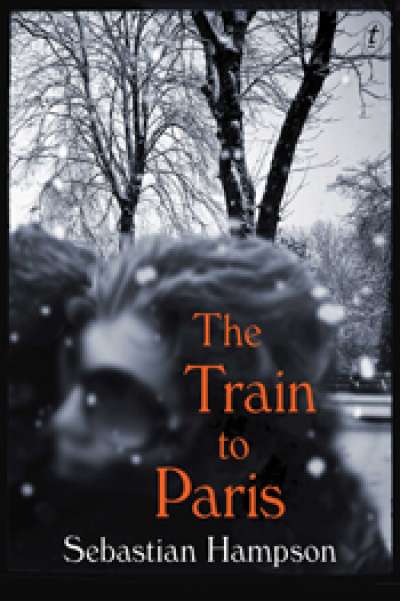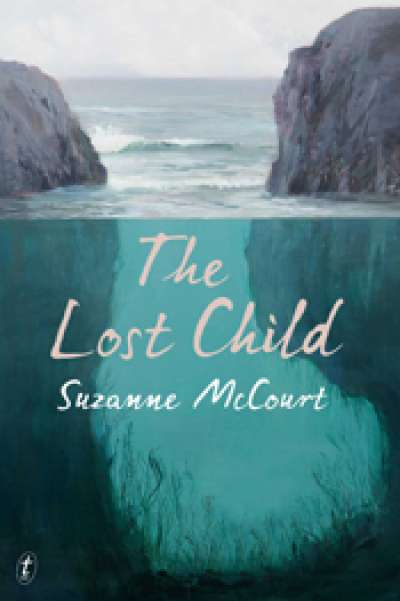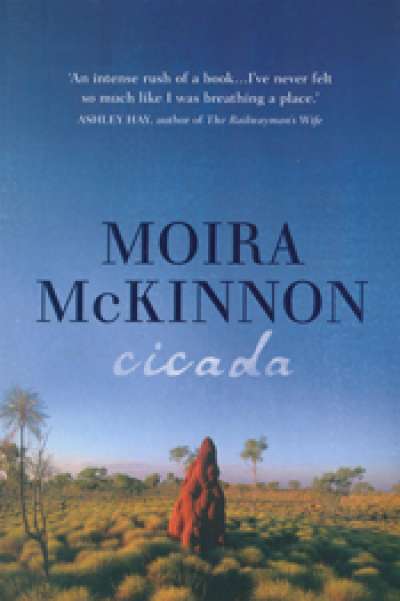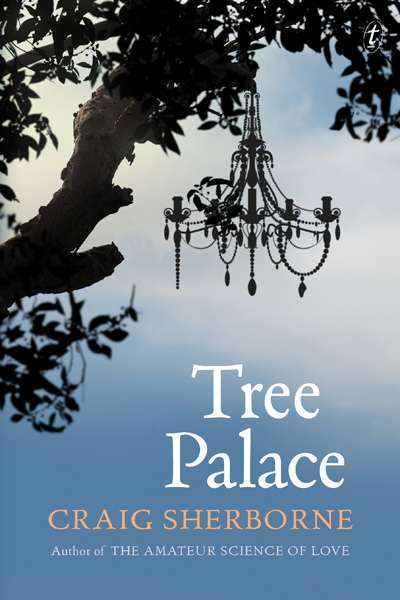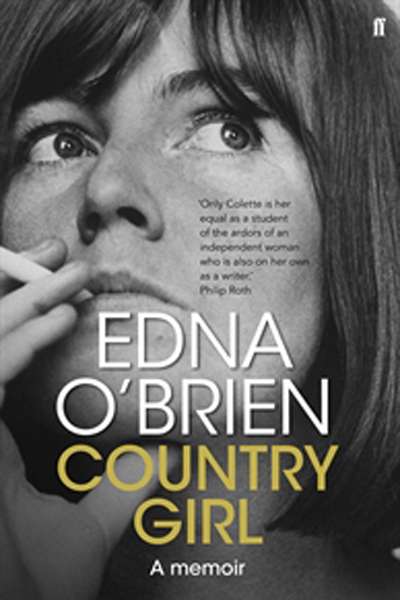Fiction
A quote from Oscar Wilde in Siri Hustvedt’s The Blazing World crystallises the novel’s central study of adopted guises: ‘Man is least himself when he talks in his own person. Give him a mask, and he will tell you the truth.’ The book’s protagonist, underappreciated New York artist Harriet Burden, dons a trio of masks when she puts forward her art as the work of three different male artists. But many other masks emerge in Hustvedt’s telling, which takes the form of Burden’s personal notebooks as well as accounts from her assorted friends, family, and critics, all compiled by the fictitious editor I.V. Hess.
... (read more)Publisher’s superlatives aside, Tony Birch’s return to short-form writing is an event to be celebrated. Following on from his Miles Franklin short-listed Blood (2011) and his two earlier collections, Shadowboxing (2006) and Father’s Day (2009), The Promise is a collection of twelve short stories united by Birch’s characteristic wit, matter-of-factness, and charm. In many respects, each of the stories in The Promise is an exploration of how the processes of age, attrition, and heartbreak wear away the rougher edges of his characters, though clearly it is what remains that interests Birch: that ember of humanity impermeable to cynicism and the vagaries of fate.
... (read more)In her 2013 interview with Ramona Koval, the octogenarian Elizabeth Harrower expressed an unreserved confidence that her novels ‘deserved to be found and … would be found’ by future generations of readers. There is no doubt that Harrower’s fiction deserves to be known, but without the initiative of Text Publishing these works may well have slid into obscurity. To date Text Classics have republished three of Harrower’s novels: Down in the City (1957), The Long Prospect (1958), and The Watch Tower (1966). Now comes the release of a previously unpublished manuscript, Harrower’s fifth and final novel, In Certain Circles.
... (read more)'Fields of Vision’, the first story of Abbas El-Zein’s collection, introduces us to a world in which tragedy is swift and often arbitrary, and if not arbitrary, at least stems from motivations so obscure as to appear so. The sniper protagonist of this story, perched atop his Beirut rooftop, picks off citizens at random, revelling in his having ‘a place in their lives’. He sits outside society and is yet an inherent part of it. This is true of all El-Zein’s protagonists, at once divorced from their various cultures and vitally connected with them. Their actions are both reactions against and definitions of the worlds from which they stem.
... (read more)Lawrence Williams is a twenty-year-old New Zealander about to commence studying art history at the Sorbonne. Stranded at a deserted train station in the French town of Hendaye after a less-than-perfect holiday in Madrid with his girlfriend, he is suddenly arrested by the sight of a woman twice his age who saunters past him in a white leopard-print dress. A few pages later, the unlikely pair are having drinks at a nearby cafe.
... (read more)During World War II, billeted Axis POWs were deemed such a threat to the morals of British women that theBritish government enacted legislation proscribing amorous fraternisation. Although these laws were rescinded in the conflict’s aftermath, Jo Riccioni’s début novel demonstrates that the appeal of the foreigner endured, as a family of Italians arrive to disrupt the postwar calm of Leyton, an east London farming community.
... (read more)This début novel by Melbourne writer Suzanne McCourt is a coming-of-age story set in the wild coastal landscape of the Coorong in the 1950s. Writing from the point of view of a child, McCourt captures the heightened sensibility of her narrator, Sylvie, to portray a family in devastating close-up and a natural world teeming with smells and sounds and sights.
... (read more)Moira McKinnon practised as a community doctor in Halls Creek, in the Kimberley, where her first novel Cicada is also set. She was joint winner of the 2011 Calibre Prize for her essay ‘Who Killed Matilda?’, the story of an Aboriginal woman whose audacity and traditional knowledge prompted McKinnon to question the efficacy of Western medicine and philosophy.
... (read more)Craig Sherborne’s previous books include two memoirs, Hoi Polloi (2005) and Muck (2007), and an autobiographical novel, The Amateur Science of Love (2011). His second novel, Tree Palace, is an excursion outside the confines of the first-person narrative. First-person narrative does not of course always imply confinement, but in Sherborne’s case the mining of his own life experience has an intensity of focus and closeness of observation that reminds me of Lucian Freud’s painting. He has a way of pulling you into the room with him and making you look at the nakedness of others, holding you there to witness every nuance of exposure, physical and psychological. Sherborne’s fascination with bodily intimacy focuses on a sexual relationship in The Amateur Science of Love, but in the memoirs it arises from contemplation of evolving family resemblances from his youth and early adulthood through to his parents’ old age. They are a family of three, insular and closely interdependent, and the sense of confinement takes on a genetic dimension.
... (read more)Country Girl by Edna O’Brien & The Love Object by Edna O’Brien
In the 1960s she was deemed an Irish Jezebel. After the publication of her début novel, The Country Girls (1960), the local postmistress told her father that a fitting punishment would be for her to be kicked naked through the town.
... (read more)

